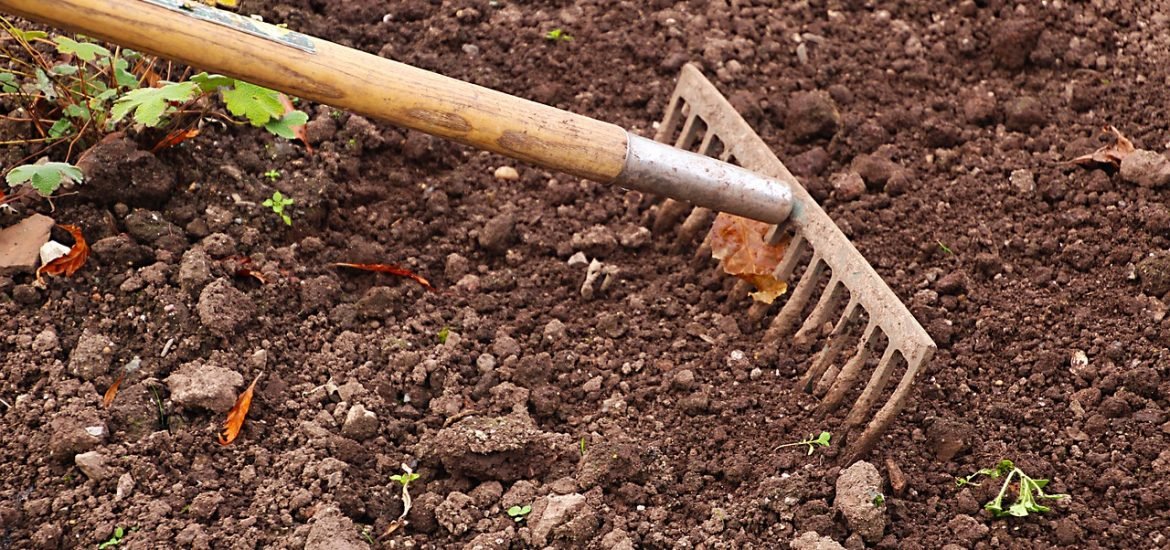
“Dirty Matters” is a new board game to explain the concept of soil sustainability and how it affects our environment. The game is available online and was developed by a team of researchers from the University of Copenhagen (Denmark), Wageningen University (Netherlands), Cranefield University (UK), and the Leibniz Centre for Agricultural Landscape Research (Germany).
The soil produces 95% of all our food, cleans 99% water, and stores 75% carbon. Sustainable development goals established by the United Nations rely heavily on healthy soils. However, the soil quality in many parts of the world is fast deteriorating and its use becoming unsustainable.
To make more people understand this problem, a team of European researchers found a new way to teach the public about soil sustainability and our need for healthy soils. “Our educational game is designed to highlight these often-overlooked links, feedbacks, and trade-offs that exist between soil and sustainable development in a playful and social way,” pointed out Dr. Tanvi Taparia, a soil microbiologist from the Department of Biology, University of Copenhagen, Denmark, who worked on the game mechanics and design.
The European Soil Mission — launched in 2021 — understands the importance of teaching the public about soil health and sustainability and how it can influence stakeholder engagement in research and decision-making.
“Sustainable soil management has to be implemented by transdisciplinary collaboration on the global front, and as mirror to the real world, our boardgame forces the players to interact and agree on a joint strategy to preserve socio-economic needs as well as soil health,” explains Dr. Michael Loebmann of the Leibniz Centre for Agricultural Landscape Research, an expert in sustainable soil management and co-creator of the game.
The board game teaches players about soil multifunctionality as well as ways to mitigate common problems. Showing how different soil functions relate to sustainable development allows players to understand complex knowledge in various situations, from workshops and classrooms to using the game recreationally. “For land managers, it also offers a risk-free setting and a useful learning tool to explore diverse management practices to promote soil health,” continued Dr. Taparia.
The authors firmly believe increasing the public’s understanding of soil systems is a step toward a sustainable future. The game is freely-available available to download, and the authors want to encourage its use in social engagement events, as a teaching aid, to foster public curiosity, or just for a fun evening with friends.
You can download the soil board game at https://soilgame.wixsite.com/free2print